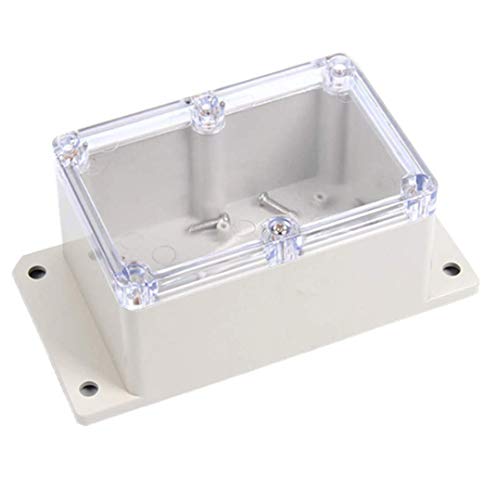RivieriaKid
Junior Member
- Joined
- Jan 20, 2011
- Messages
- 6
- Reaction score
- 0
Hi, just in the process of buying a new house, which has had recent bathroom and kitchen work. The owner says both were done in 2004 (conveniently), but I think they were done later, is there anyway I can tell from looking at the wiring if it should have been done to part p? Any markings on the cable or fittings?
As I have no certificates for any of the work done and I don
As I have no certificates for any of the work done and I don































































